
Hiccups in Newborns and Babies
Hiccups happen when the diaphragm, the muscle responsible for breathing, experiences an involuntary spasm. This quick movement forces air into the lungs, causing…
Check out articles on baby health, with topics such as potty training, fever, bronchitis, diaper changing, healthy habits, safety tips, among others.
Check out articles on baby health, with topics such as potty training, fever, bronchitis, diaper changing, healthy habits, safety tips, among others.

Hiccups happen when the diaphragm, the muscle responsible for breathing, experiences an involuntary spasm. This quick movement forces air into the lungs, causing…
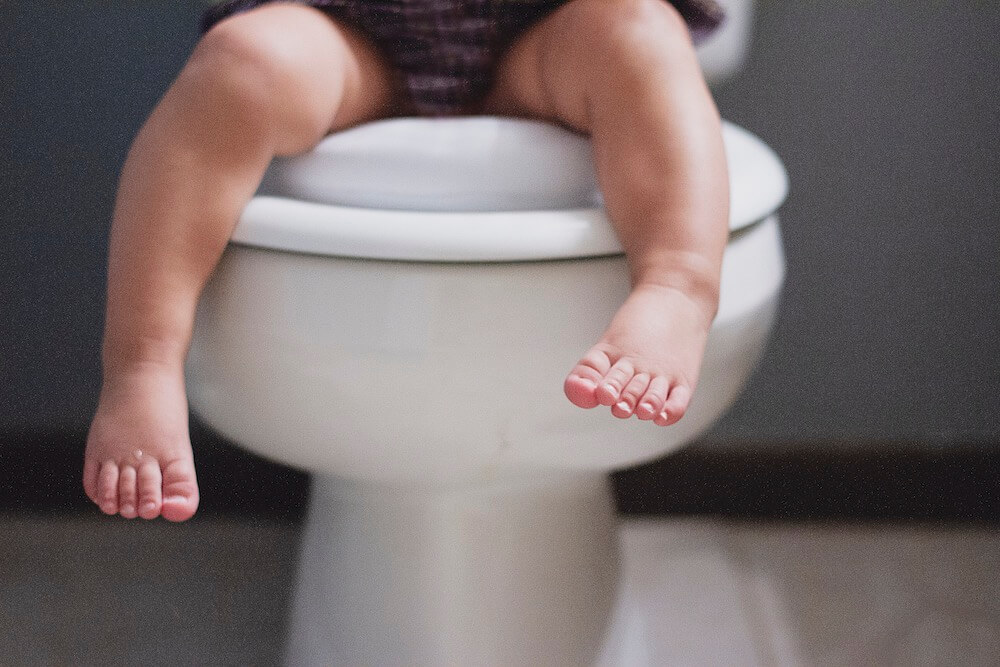
When it comes to children’s health, it is essential to watch for any signs of discomfort or illness. Parasites, or worms, in kids…

Key points: Thumb sucking is common in babies and is usually not a cause for concern. Prolonged thumb sucking can lead to speech…

Key points: Habits are actions that become a natural part of our life, and parents can teach their children healthy habits from a…

Key Points: 1. Bonding Through Dressing: Dressing and undressing your baby is a bonding opportunity. Prepare clean, comfortable clothes and follow safe steps….
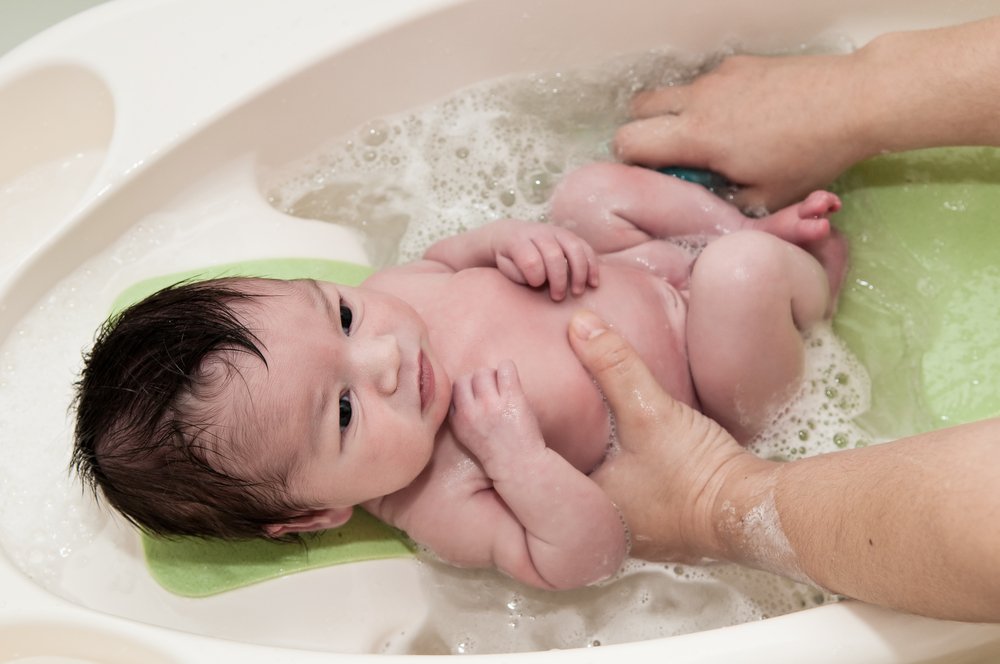
Key Points: The article emphasizes the importance of bathtime as a relaxing and soothing transition from daytime to bedtime, and suggests setting a…
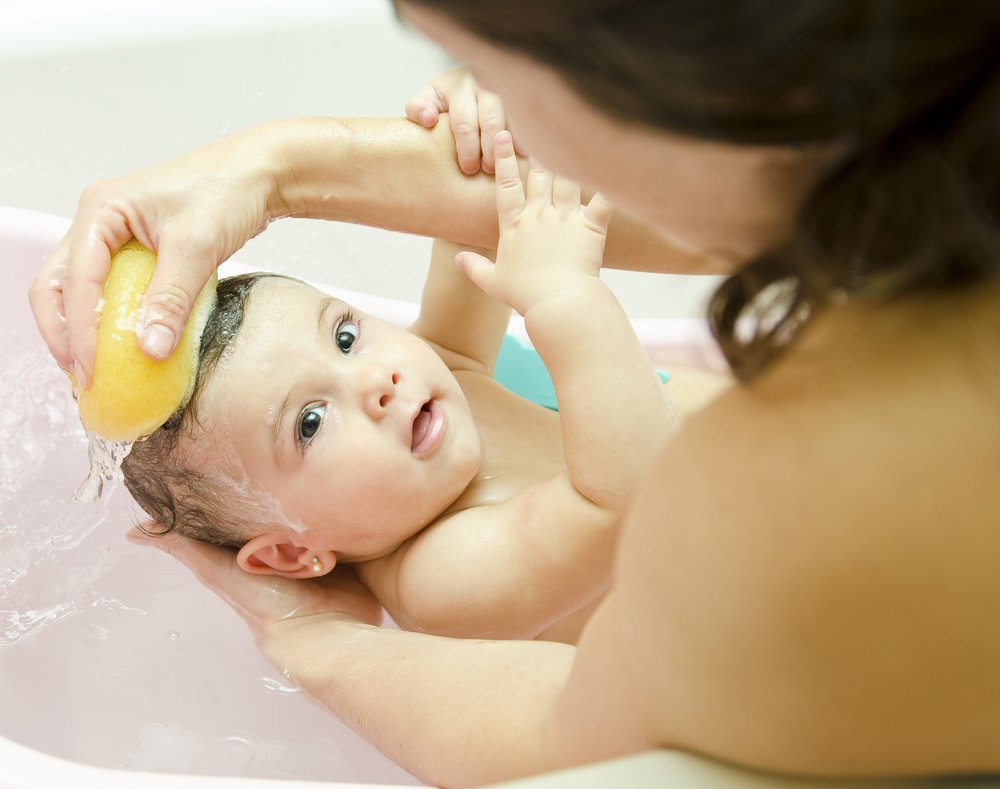
Key Points: The article provides tips for parents to safely and comfortably give a sponge bath to a newborn, including preparing the location…
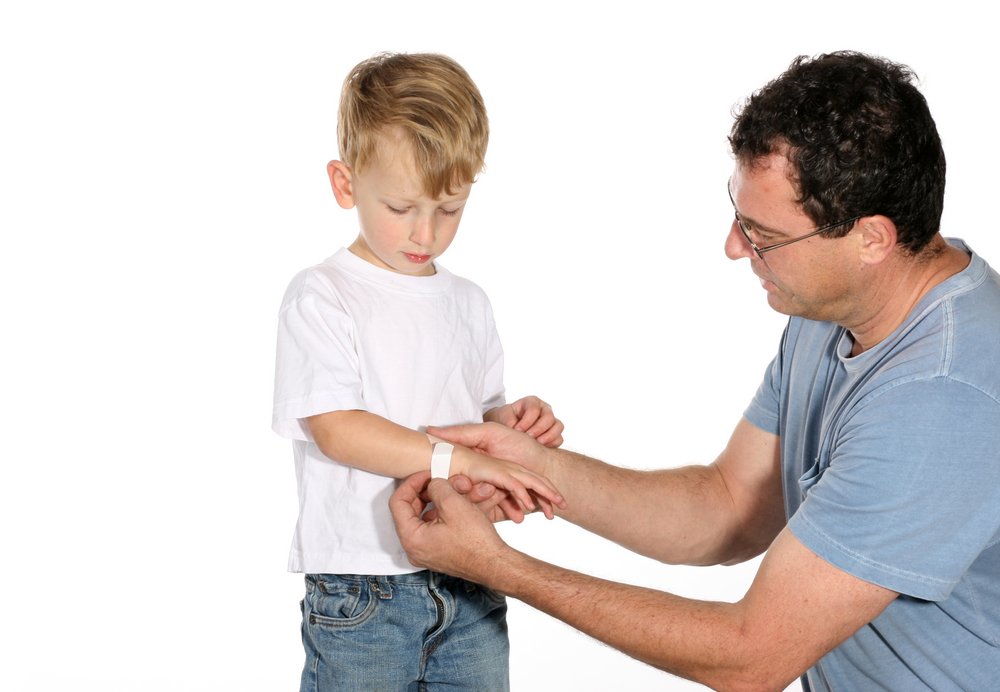
Key Points: The article discusses how to care for cuts and scrapes in young children, including washing the wound with soap and water,…
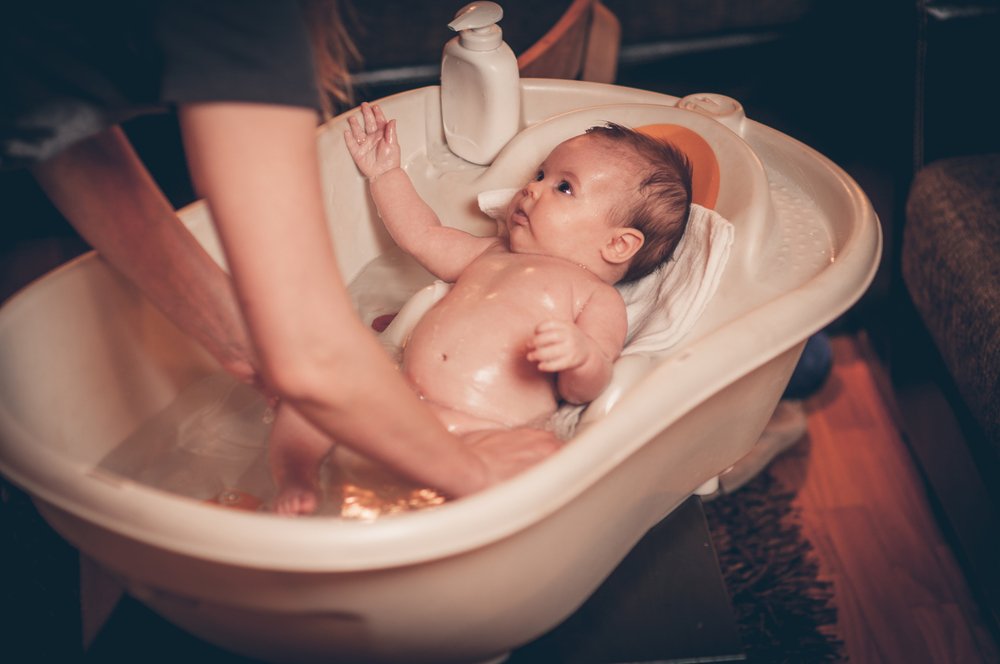
Key points: 1. The American Academy of Pediatrics recommends bathing babies around 3 times a week in their first year to prevent dry…
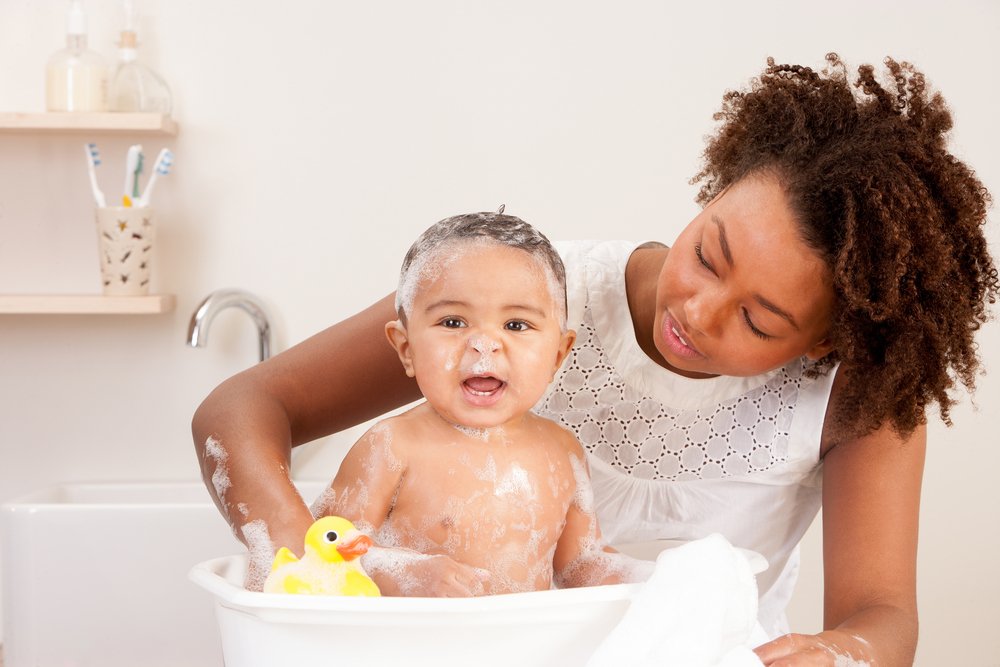
Key points: 1. Baths might discomfort babies initially due to cold and wet sensations, but a comfortable and enjoyable experience can make them…
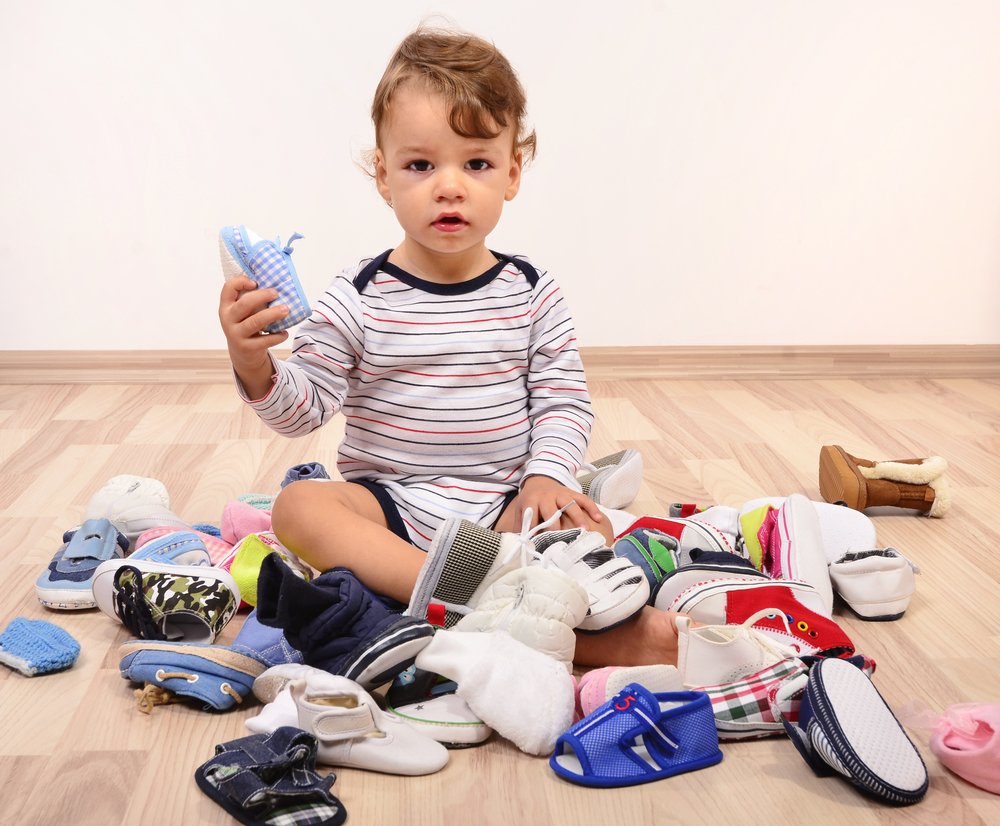
Key points: Children start gaining independence by learning how to get dressed around the age of 24 months. Learning to dress is a…
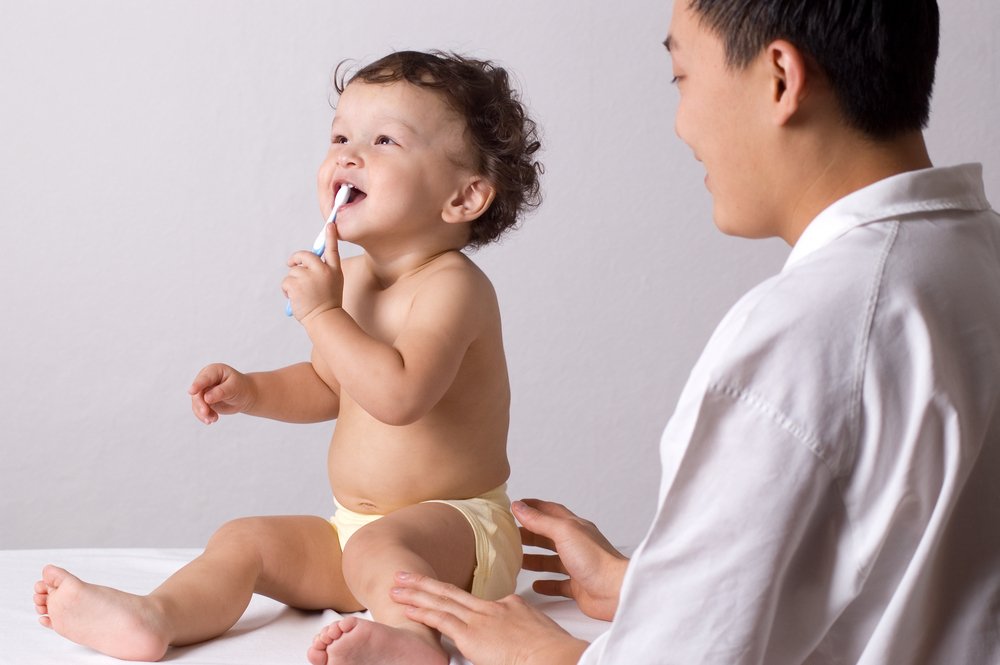
Key Points Dental care for babies is important to promote healthy teeth and mouth development. The first teeth to appear are the two…
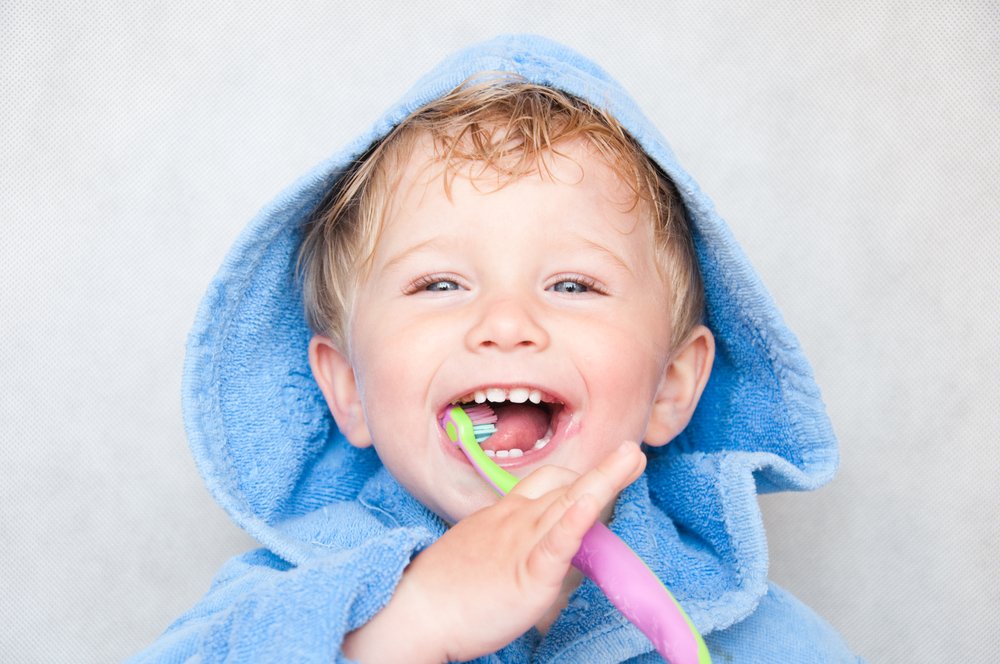
Key points: Children’s teeth start to appear at around 2 years old, including the canines or “fangs”. Milk teeth are temporary but still…

Key Points It’s common for babies to outgrow their baby bathtubs. Transitioning to a larger bathtub or shower is necessary. When using a…
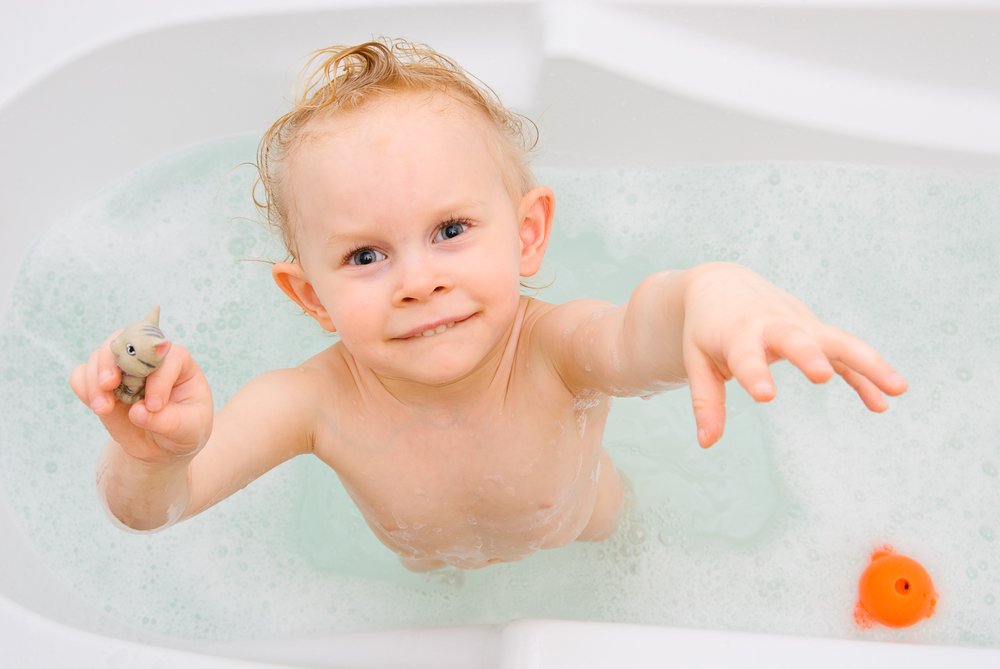
Key Points: Bath time safety is important as accidents can occur. Babies who have learned to stand during bath time may be more…
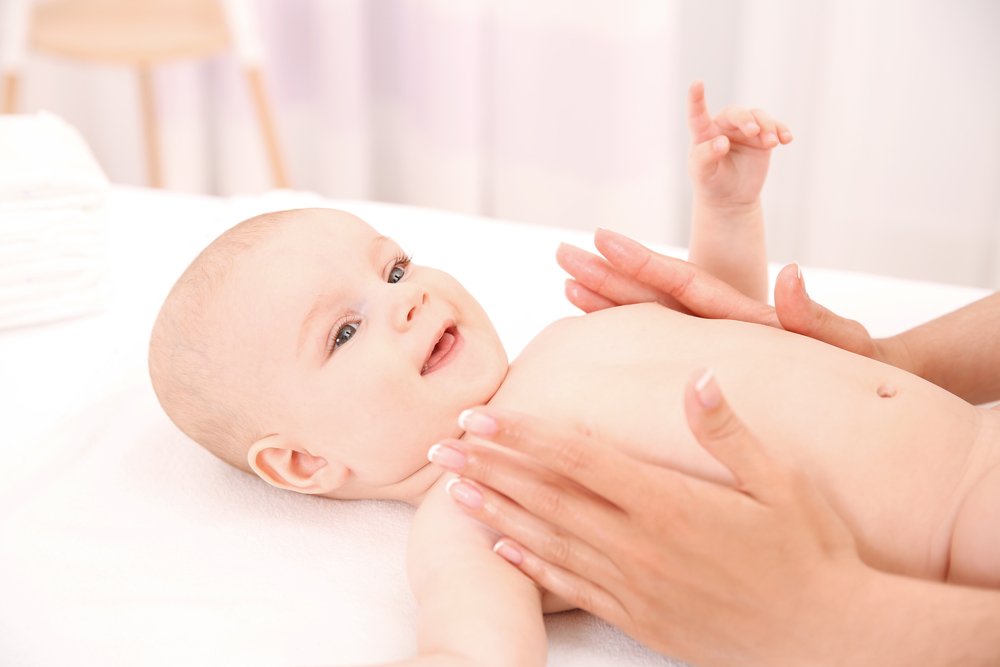
Key points: 1. Baby’s skin is delicate and thinner than adults’, making it prone to irritation, sunburn, and dryness. Care is vital to…
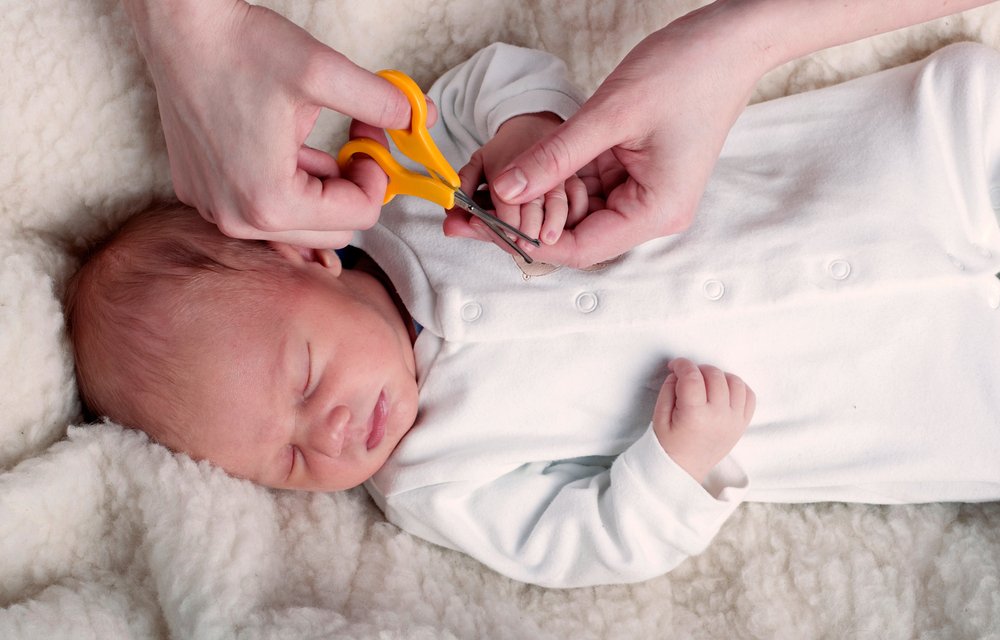
Key points: 1. Baby nails grow fast due to tiny fingers. Trim them to prevent scratching. Cut when long. 2. Cutting baby nails…
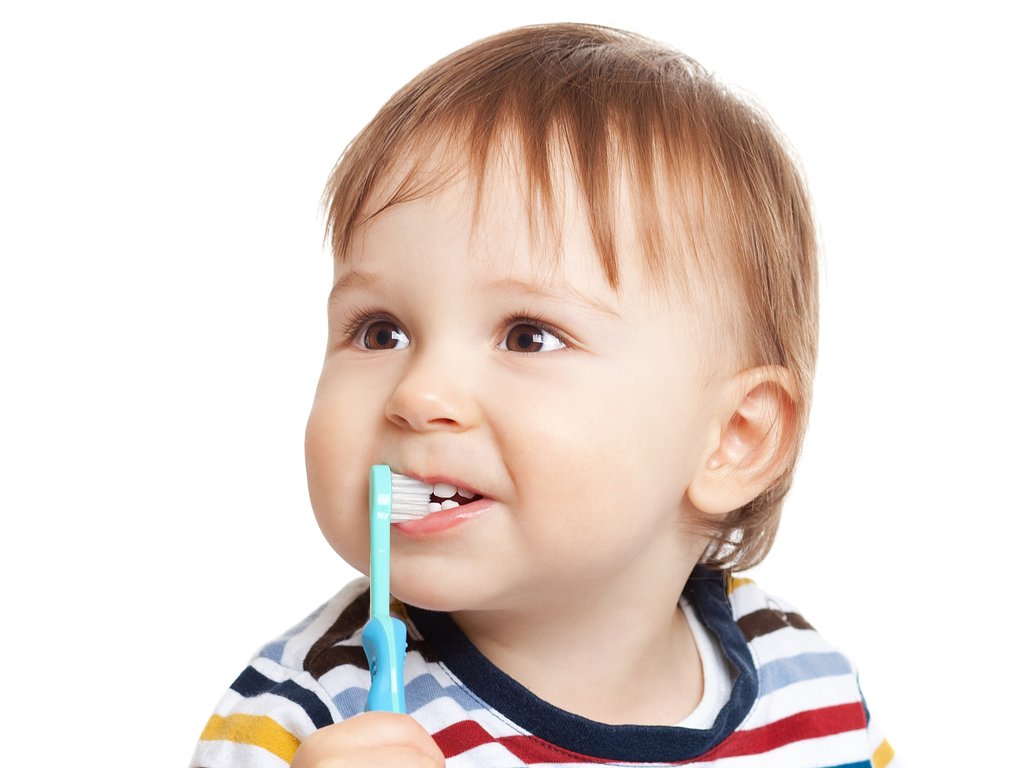
Key points: Clean the baby’s mouth and gums with sterile gauze when they have no teeth yet. Encourage the baby to drink water…

Key points: 1. The umbilical cord, which supplies nutrients in pregnancy, is cut after birth, leaving a stump that falls off naturally. Removing…
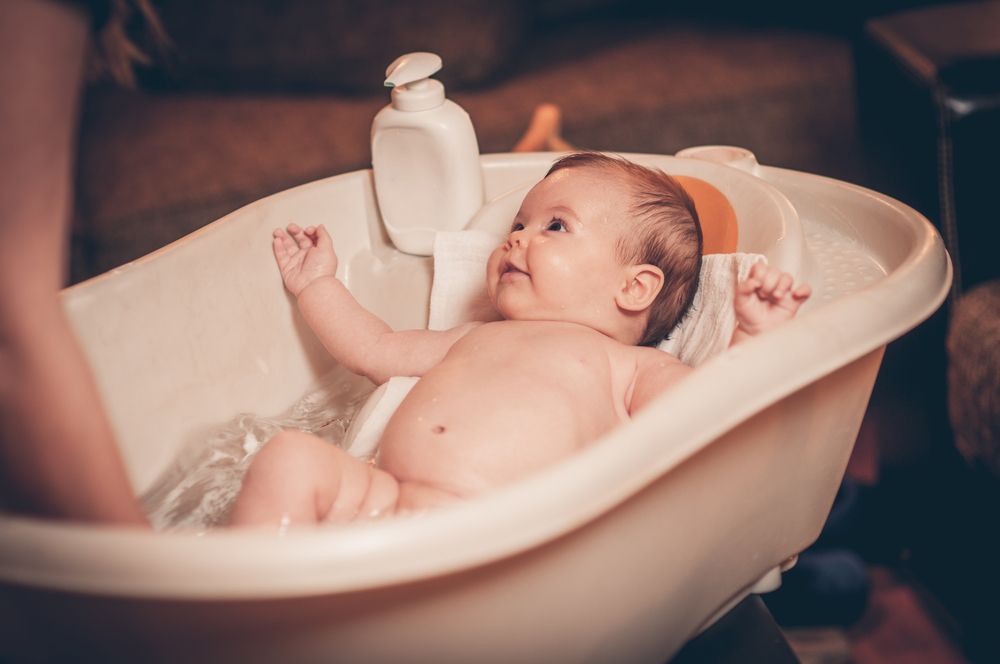
Key points: 1. If your baby is starting to walk or shows signs of taking their first steps, you might wonder about baby…
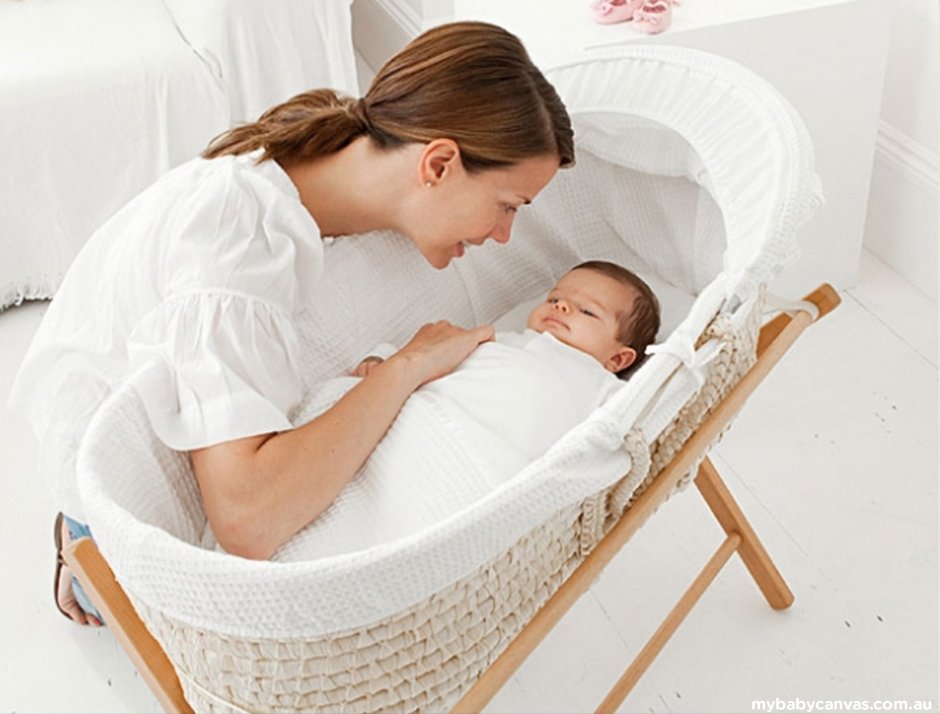
Key points: 1. Establish routines for babies around 2-4 months for safety and comfort. 2. Begin with sorting sleep and feeding times to…